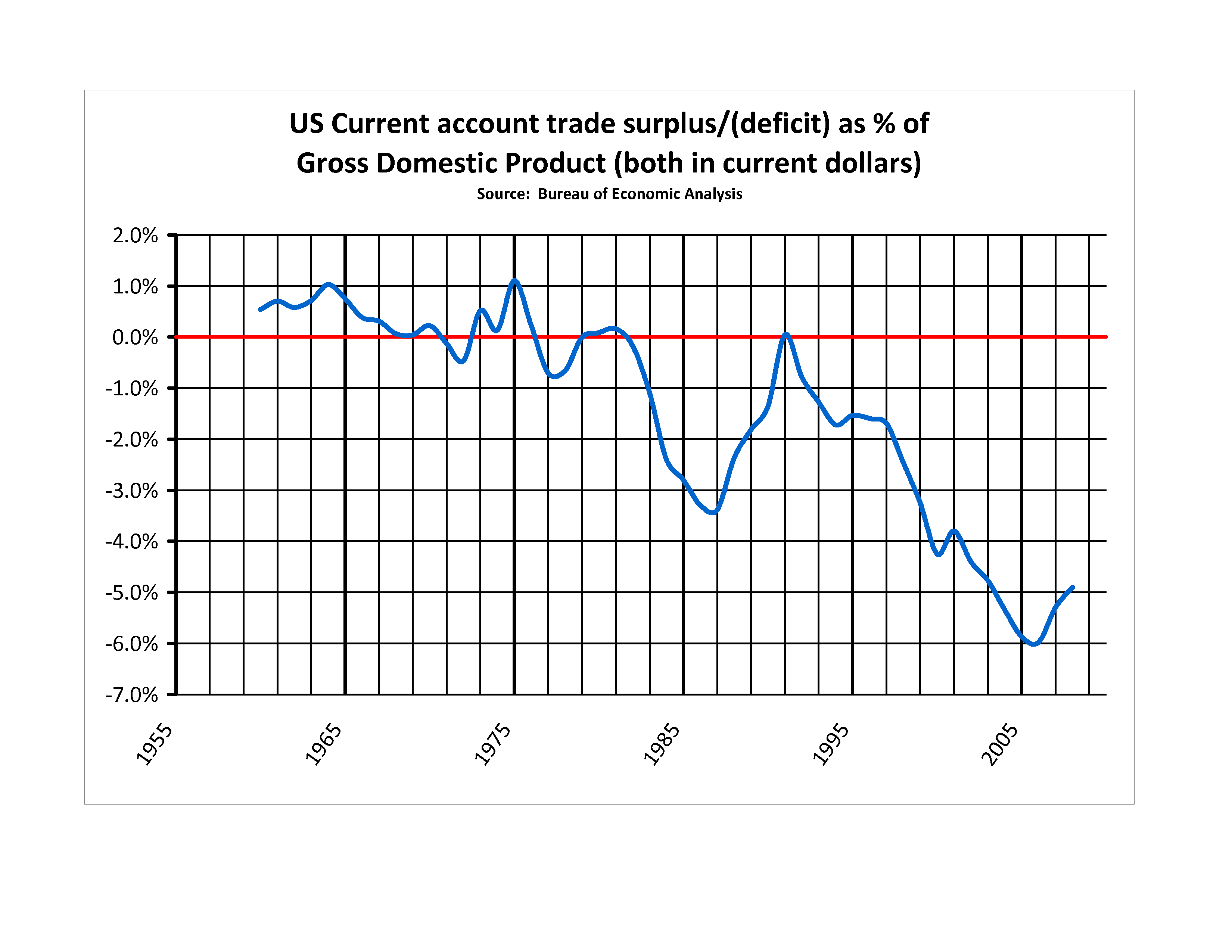Obama failed to get a trade deal with South Korea this week. Good for him! He wanted to revise the lopsided Bush Administration FTA, but the South Koreans wanted to keep the Bush draft because it would increase Korea's exports to the US and still keep US beef and autos out of Korea. In the past, the US has routinely agreed to take the mucky end of the stick in order to get FTAs done. Here's an admission of that reported in Public Citizen's Eyes on Trade blog, and it's directly relevant to the South Korean FTA.
In an October 2006 speech to a Korean audience, then-Deputy USTR Karan Bhatia said that it was a myth that "The U.S. will get the bulk of the benefits of the FTA. If history is any judge, it may well not turn out to be true that the U.S. will get the bulk of the benefits, if measured by increased exports… the history of our FTAs is that bilateral trade surpluses of our trading partners go up."
(Probably it's not an accident that the transcript to which Eyes on Trade linked is no longer available on the USTR website. UPDATE 9/8/12: But the full text of Bhatia's 10/24/06 remarks is in the Wayback Machine here.)
Not surprisingly, other nations have been eager to make trade deals with the chumps at the USTR and White House because they've always come out winners at our expense. Our large chronic trade deficit and millions of jobs eliminated are the result. I'm for new and revised FTAs that reduce our trade deficit and produce a net increase in the number of jobs in America, and I'm against FTAs that don't. Always have been. If Obama's willing to say "No" to bad deals and bide his time, he could start repairing his reputation as a too-eager negotiator and too compliant with MNCs and Wall Street.
Update on Monday, December 6, 2010 at 08:35AM by
 Skeptic
Skeptic
In response to the Obama Administration's claim it will boost the US economy by opening up foreign trade, Paul Krugman uses standard economic theory to demonstrate that increasing exports don't help the domestic economy if they are matched by increased imports. It's an increase in net exports we need. PK ends his post with this paragraph:
If you want a trade policy that helps employment, it has to be a policy that induces other countries to run bigger deficits or smaller surpluses. A countervailing duty on Chinese exports would be job-creating; a deal with South Korea, not. If you want the Korea deal, fine; but don’t claim virtues for it that it doesn’t possess.
BTW, Krugman's Nobel Prize is for his contributions to modern trade theory, and he's the author of a textbook on international economics.
Article originally appeared on realitybase (http://www.realitybase.org/).
See website for complete article licensing information.
 Skeptic
Skeptic
